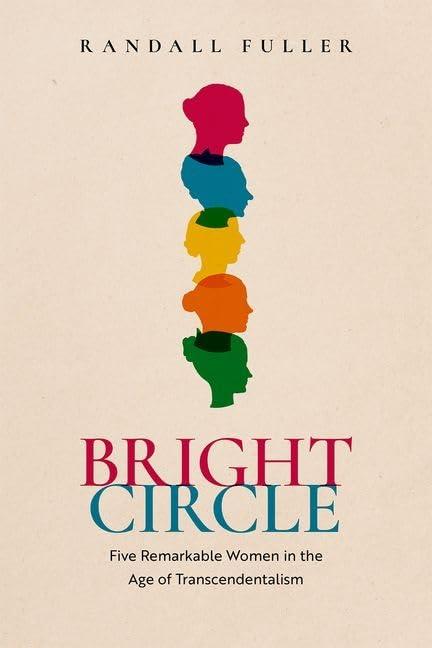Even as her job at The Dial plunged her deeper into the heart of Transcendentalism, Fuller began to separate herself from the movement. For obvious reasons, she needed money. The lyceum speaking circuit had exploded in popularity, but women were largely barred from it. The author and abolitionist Lydia Maria Child, who was also a friend of Fuller’s, expressed what was undoubtedly a mutual frustration: “Oh, if I was a man, how I would lecture! But I am a woman, and so I sit in the corner and knit socks.”
Fuller came up with a solution of her own. In 1839, she launched what she called her Conversations. These were meetings of twenty-five or so women, each of whom paid the substantial sum of ten dollars to hear Fuller exercise her verbal brilliance in the course of a thirteen-week-long series, in semiprivate settings.
She couldn’t have found a better showcase. Fuller already knew that conversing with other people fired her imagination in a way that the printed page sometimes did not. Speaking with men brought out her defiant side, as she noted in her journal: “They do not see where we got our knowledge and while they tramp on in their clumsy way we wheel and fly and dart hither and thither.” With women, she was warm and supportive, insisting that such conversations must be a dialogue, a modest meeting of souls.
Randall Fuller is particularly good on these momentous exchanges. As he notes, the collegial atmosphere, so different from the jostling of alpha-dog males in public debates, brought out surprising contributions from the group. “Ideas the women had only vaguely considered in solitude suddenly gushed forth,” he writes, “as if from an underground spring, dazzling them in the light of day.”
Fuller’s methods, then, were deeply connected to gender. But so was the subject matter of the Conversations, which attracted more than two hundred participants in the course of five years. Fuller often got the ball rolling by speaking on mythological, historical, or philosophical themes. Yet the discussion kept gravitating back to the subordination of women, a topic even her well-heeled listeners had no trouble understanding.

